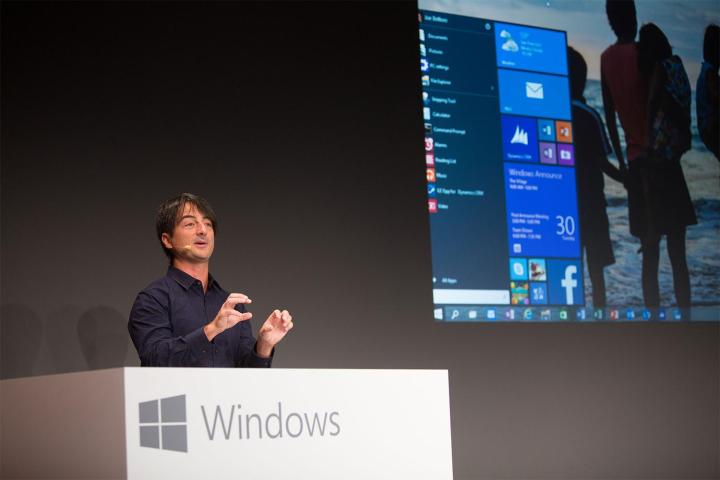
But if Microsoft really wants to remain relevant in the desktop scene, and reinvigorate PC sales, it needs to adjust in one other key department. Price.
Charging everybody, regardless of their dedication to the ecosystem, an arm and a leg for the “upgrade” just won’t do. Consumers have become too used to receiving free updates on Android, iOS and Chrome OS. Fortunately it seems the company is ready to acknowledge this issue. Chief Operating Officer Kevin Turner recently revealed MS is exploring “different” monetization tactics.
Different how? Turner doesn’t spell it out, but he invokes certain “services involved” and “additional opportunities for us to bring additional services to the product and do it in a creative way.” Not the most precise statement, to be sure.
Still, reading between the lines of Turner’s recent statements opens a few possibilities. One is that Windows 10 will be available as a free upgrade for some and supported by additional paid features. Another is a subscription program. It’s also possible the COO merely meant Office, OneDrive and Skype by “additional services”, though we’re not sure that’d be a meaningful change from its current stance.
Turner also said that company doesn’t see Windows as a “loss leader,” however, so whatever plan the company cooks up will need to be self-sustaining. That makes subscriptions feel more likely than a free edition, though perhaps the latter could work if extra features were aggressively priced.
Whatever Microsoft is planning, “through the course of the summer and spring we’ll be announcing what that business model looks like.” Hopefully, they’ll be as open to suggestions there as they’ve been with the Technical Preview. We wouldn’t want them to get too “creative” with alternative monetization techniques.
Editors' Recommendations
- Scores of people are downgrading back to Windows 10
- Windows 11 tips and tricks: 8 hidden settings you need to try
- How to download Windows 10 for free
- Microsoft may fix the most frustrating thing about Windows updates
- How to downgrade from Windows 11 to Windows 10


